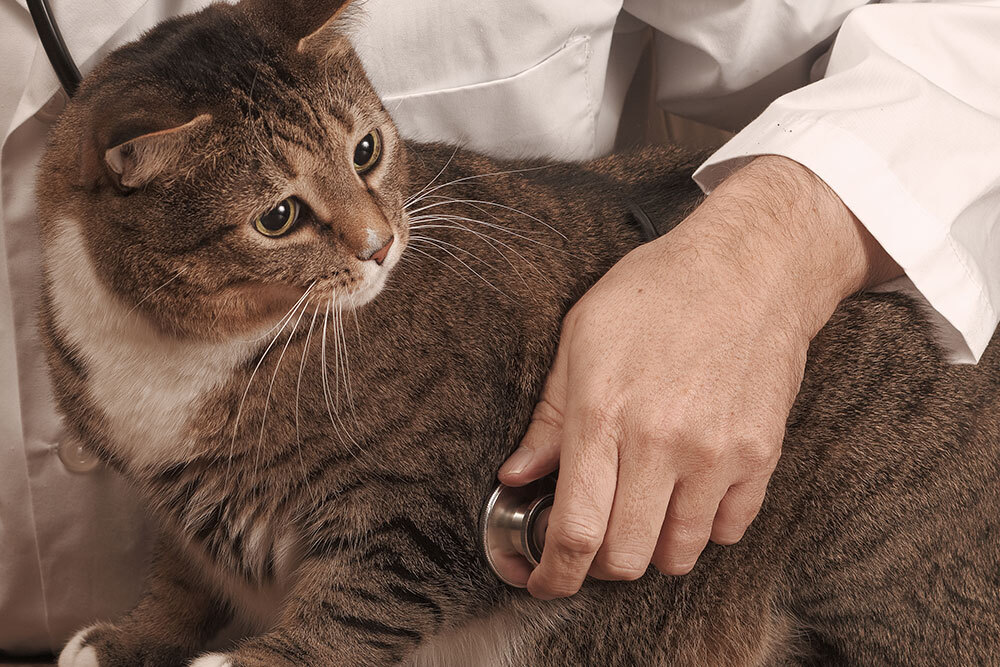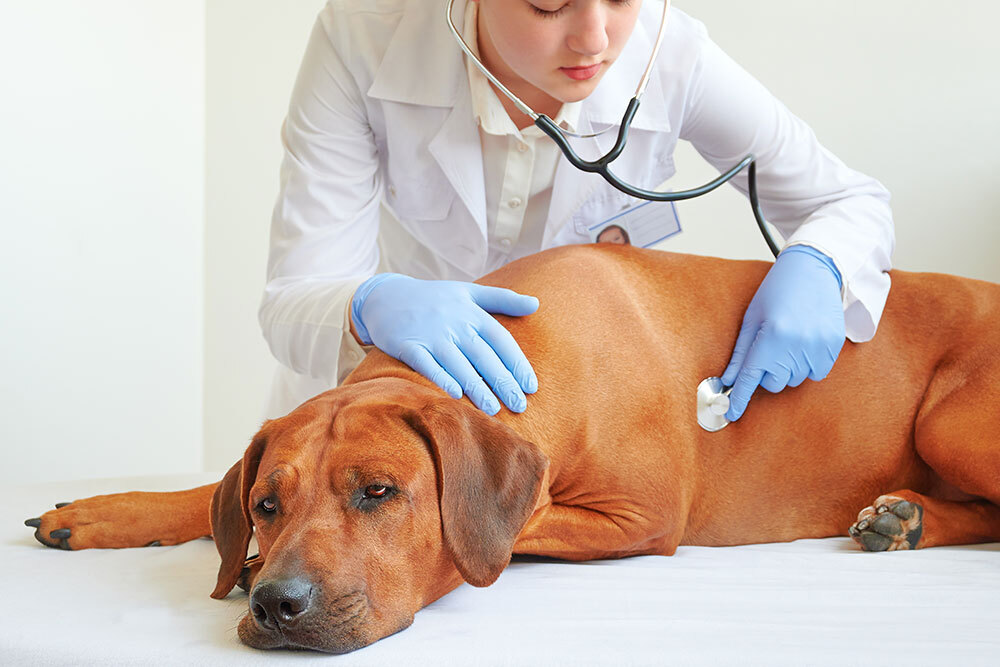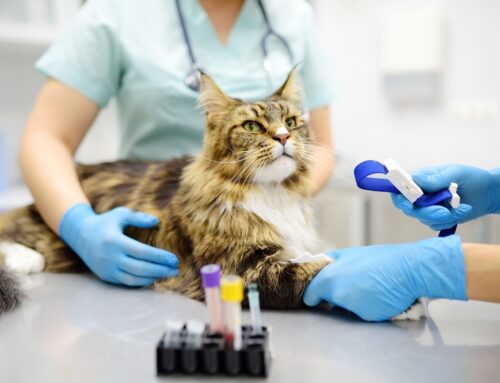Pet Wellness Exams: What They Reveal About Your Pet’s Health
At Oliver Animal Hospital in Austin, Texas, we know your pet isn’t just part of your family- they’re at the heart of it. That’s why one of the most powerful tools in preventive veterinary care is surprisingly simple: the wellness exam.
You might be thinking, “My pet seems fine- do we really need to go to the vet?” The short answer is yes. A wellness exam isn’t just about what’s happening right now, but what could be around the corner. These visits give us the chance to catch small problems before they become big ones, adjust care as your pet ages, and build a relationship that keeps your pet healthier, longer.
What Is a Wellness Exam?
Think of it as your pet’s annual checkup- but with more tail wags or content purring. A wellness exam is a head-to-tail evaluation of your pet’s overall health, designed for prevention and early detection rather than treatment of illness. This is when we check in, not just react.
During this visit, we’re looking at the whole picture: physical exam, lifestyle, behavior, risk factors, and diagnostics. These exams help us detect things like heart disease, arthritis, or early signs of diabetes- conditions that can be managed far more effectively when caught early. The AVMA’s overview of vaccinations and preventive care offers a great breakdown of why staying on schedule matters.
Why Routine Wellness Exams Matter
Preventive care is one of the smartest investments you can make in your pet’s long-term health. Here’s what regular visits help us do:
- Detect problems early, before they become serious
- Create a health baseline for future comparisons
- Personalize care based on age, lifestyle, and risk
- Help prevent disease through vaccines, parasite control, and early diagnostics
In fact, many of the top conditions we see- like arthritis, diabetes, and kidney disease- can be slowed or managed when caught early. Read from from the AAHA about disease that wellness care helps prevent.
What Happens During a Wellness Exam
We start with a conversation. You know your pet best, and your insights guide our care. We’ll ask about your pet’s routine, appetite, exercise, behavior, and any recent changes.
Then, we’ll perform a complete physical exam that includes:
- Ears, eyes, and mouth: We look for signs of infection, dental disease, or eye problems.
- Heart and lungs: We listen for murmurs, arrhythmias, or abnormal breathing.
- Joints and muscles: Especially in seniors or large-breed dogs, we check for early signs of arthritis or joint disease.
- Weight and body condition: Obesity is a growing concern in pets, and maintaining a healthy weight can add years to their life. The Pet Obesity Prevention resource is a helpful guide for understanding healthy weight goals.
- Skin and coat: Dull fur, flaking skin, or excessive shedding may point to nutritional, allergic, or internal health issues.
We’ll also check vital signs and note any lumps, bumps, or irregularities that may need further investigation.
Diagnostics: What We Can’t See With Our Eyes
Many diseases start silently. That’s why we often recommend screening tests during wellness exams, especially as your pet ages:
- Bloodwork (CBC and chemistry panel): Screens for anemia, liver or kidney disease, and more. Here’s why routine blood testing matters.
- Urinalysis: Provides insights into hydration, infection, and early kidney issues.
- Fecal exams: To detect intestinal parasites, even if you’re not seeing symptoms.
- Heartworm, flea, and tick prevention: Essential in Central Texas year-round. Learn more about year-round parasite prevention and heartworm risks.
These diagnostics are simple, safe, and provide critical health data that can change how we approach your pet’s care.
Tailoring Exams to Your Pet’s Life Stage
No two pets are the same- and neither are their wellness needs. We adjust each visit based on your pet’s age, activity level, and risk exposure.
| Life Stage | Focus Areas |
| Puppies & Kittens | Core vaccines, deworming, microchipping, nutrition, behavior guidance |
| Adults | Dental care, weight management, annual labs, parasite prevention |
| Seniors | Arthritis screenings, cognitive changes, mobility, chronic disease monitoring |
Pets with chronic illnesses like diabetes, kidney disease, or hypothyroidism may benefit from more frequent exams. AAHA’s guide to managing diabetes offers helpful insight on how prevention and early care make a difference.
Your Role Between Visits
You’re with your pet every day, which makes you the best source of early warning signs. What feels small to you might be medically significant. Keep an eye out for:
- Changes in appetite or water intake
- Unusual weight gain or loss
- Shifts in energy, mood, or interaction
- Lumps or bumps, especially if growing or changing
- Increased scratching, licking, or scooting
You can even keep a simple pet health journal or use an app to track these changes. Being proactive can give us a clearer picture when you come in.

FAQs About Wellness Visits
Does my pet need a wellness exam if they seem healthy?
Yes. Many health problems don’t show obvious signs until they’re advanced. Regular exams help us catch things early.
Do indoor pets need vaccines?
Absolutely. Indoor pets can still be exposed to contagious diseases, and some risks- like dental disease or obesity- have nothing to do with the outdoors. Learn more about vaccination basics.
What parasite risks should I know about in Texas?
Heartworms, fleas, ticks, and intestinal parasites are common here year-round. Learn how to prevent tick-borne disease and leptospirosis, which can spread through standing water.
What if I’m not sure which tests my pet needs?
That’s what we’re here for. We’ll recommend only what’s necessary based on your pet’s age, breed, lifestyle, and exam findings.
Building a Long-Term Care Plan
Wellness exams are the cornerstone of a healthy life. But just like with people, no single visit can cover everything. These check-ins give us a chance to track your pet’s progress over time, monitor for trends, and adjust care as needed.
And the real value isn’t just in what we find- it’s in the relationship we build together. The more we know your pet, the better we can care for them.
Let’s Keep Your Pet Well
At Oliver Animal Hospital, we’re more than your vet- we’re your partner in lifelong care. From baby teeth to gray muzzles, we’re here for every chapter.
If it’s been a while since your pet’s last check-up, now’s a great time to schedule one. Reach out to us and meet our team to get started. You can also explore our services to see all the ways we support your pet’s health.
Your pet deserves the best chance at a long, healthy life- and we’re here to help make that happen.







Leave A Comment